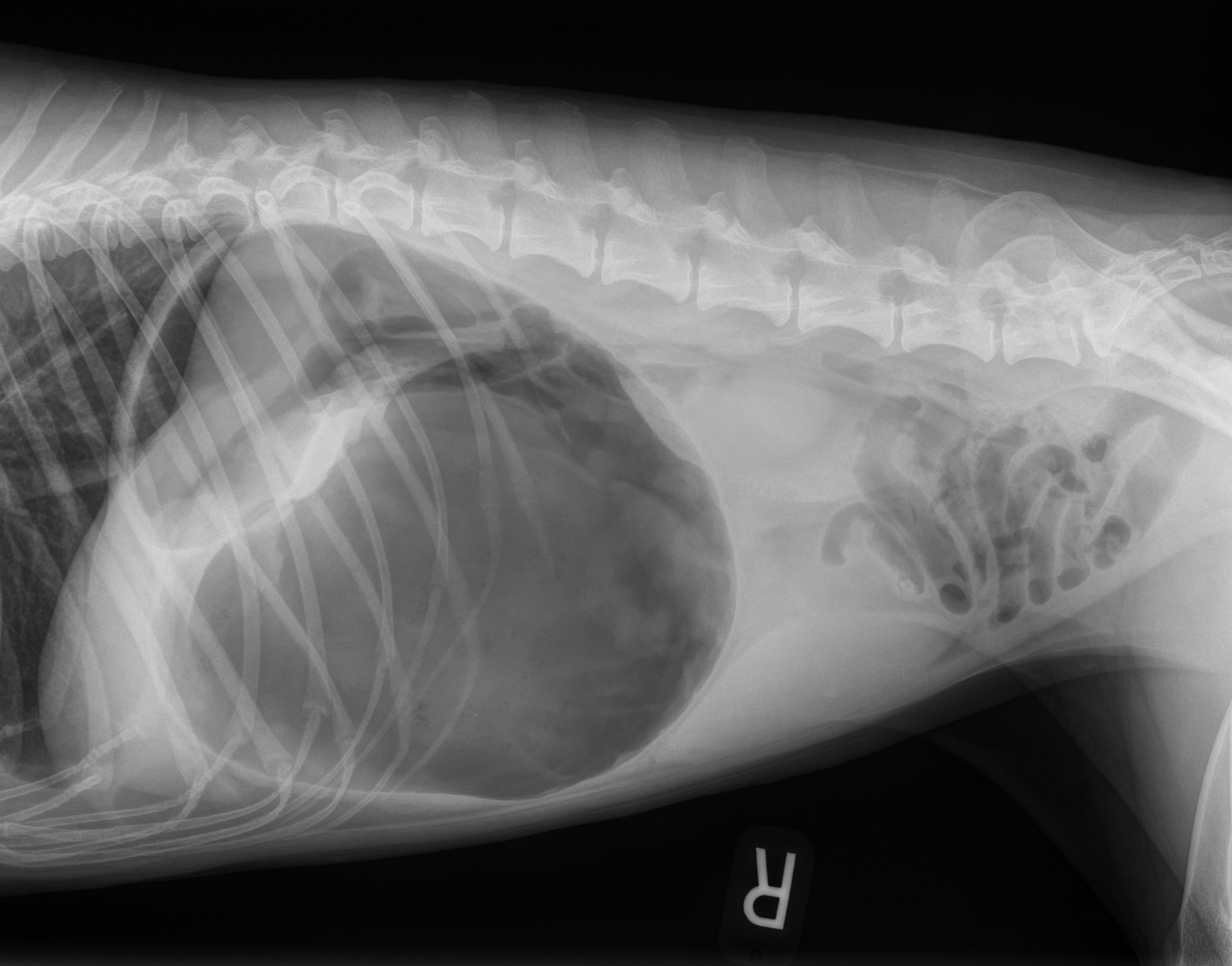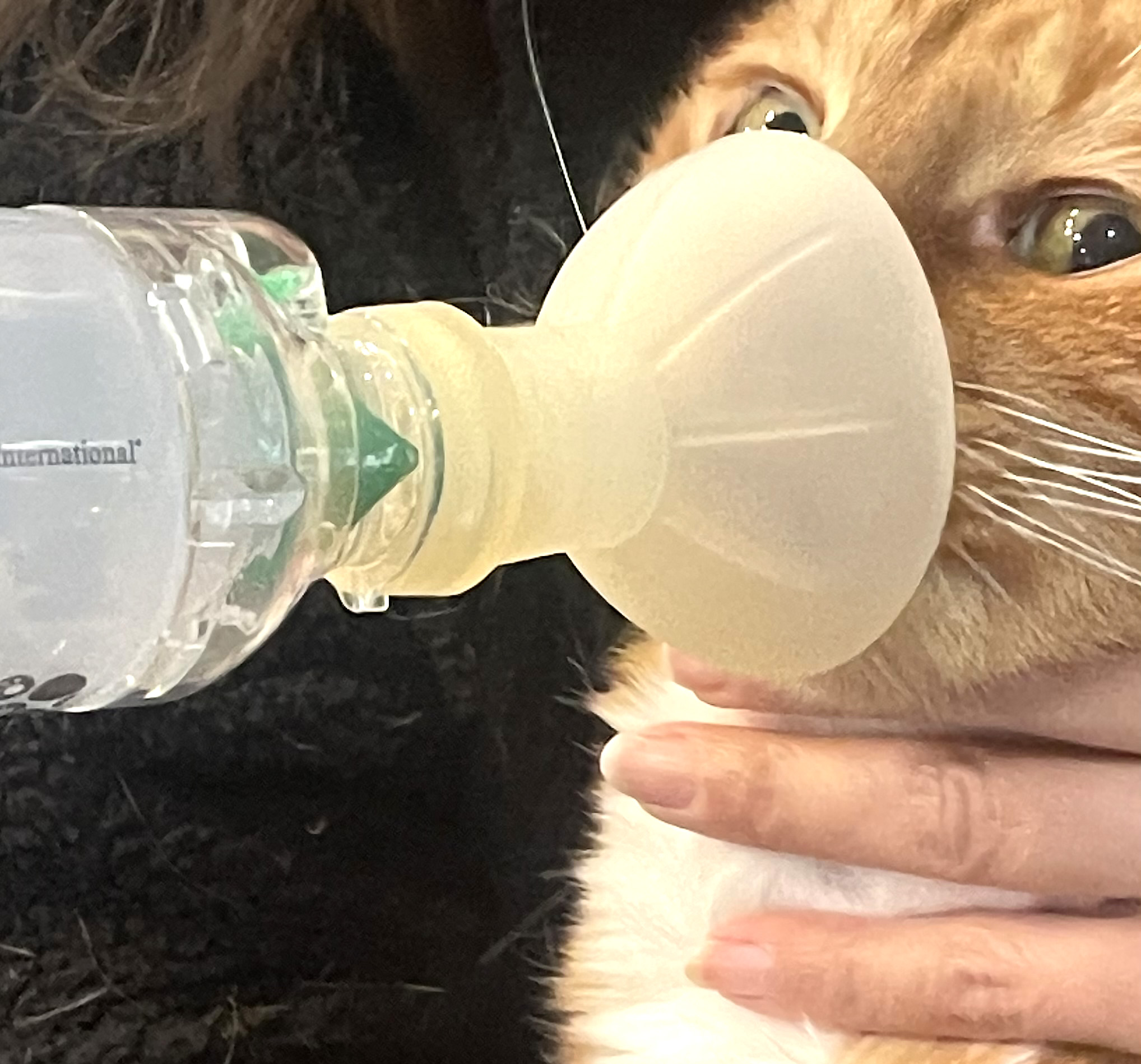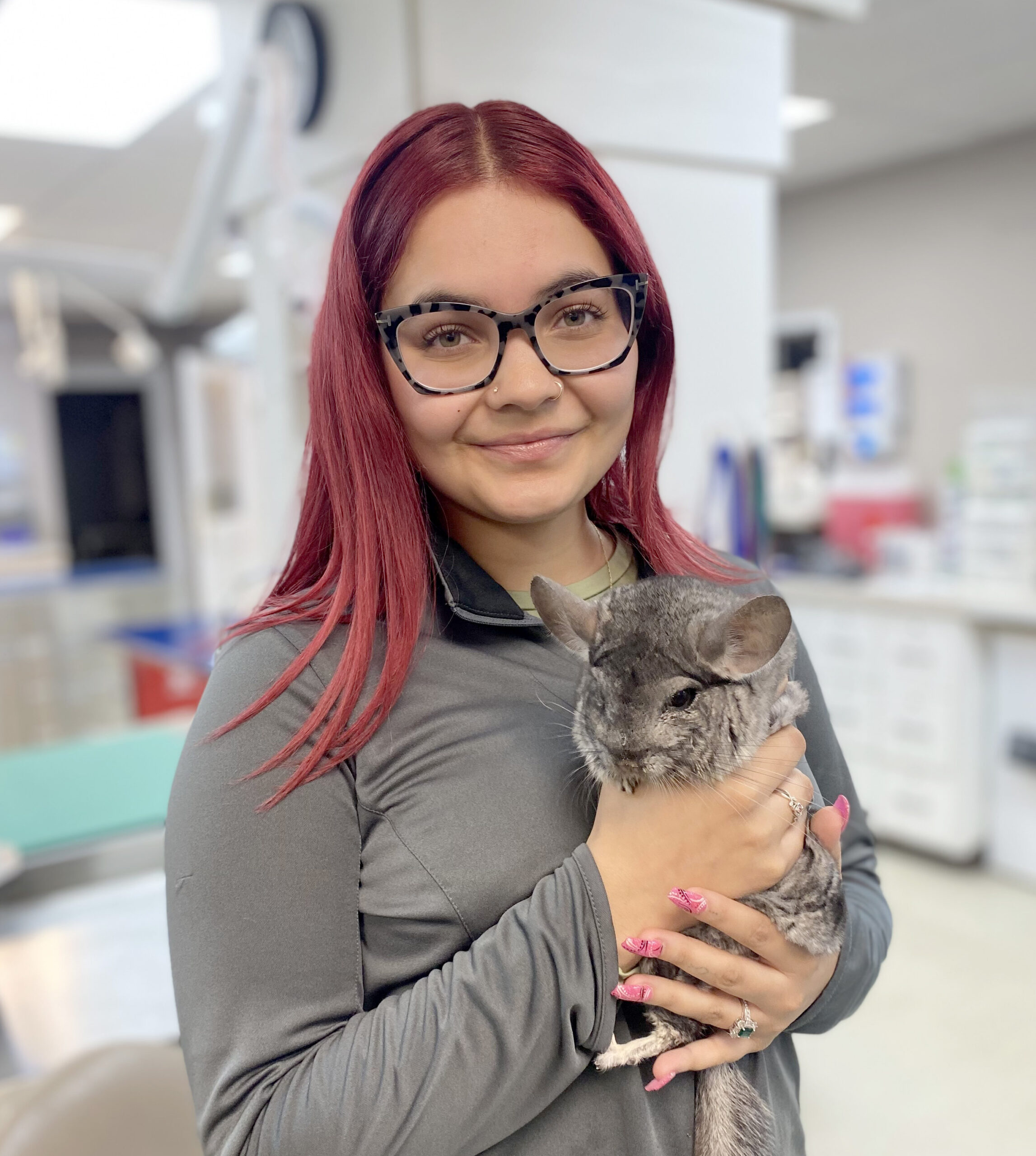Easter is here and many homes are filled with festive decorations and springtime
blooms—including the beautiful and fragrant Easter lily. While these flowers may be a symbol of renewal and celebration, they pose a serious and often fatal risk to
pets—especially cats.
Lilies and Cats: A Deadly Combination
A variety of plants and flowers are referred to as lilies, the most toxic lilies to cats come
from the following plant families:
• Lilium spp. – including Easter lilies, Tiger lilies, Asiatic lilies
• Hemerocallis spp. – daylilies
• Convallaria spp. – lily of the valley
Many people are unaware that all parts of the lily plant are extremely toxic to
cats—this includes the petals, leaves, pollen, and even the water in the vase. Even a
tiny amount can cause irreversible kidney damage and lead to death if not treated
promptly.
Symptoms of lily toxicity in cats may include:
• Vomiting
• Lethargy
• Loss of appetite
• Drooling
• Increased or decreased urination (a sign of kidney failure)
If you suspect your cat has chewed, ingested part of a lily plant, or even brushed up against the plant and may have pollen in their fur, seek emergency veterinary care immediately. Early treatment can make all the difference.
What About Dogs?
While lilies are far more dangerous to cats, dogs are generally less sensitive to their
effects, but they can still cause issues. Dogs that chew on or ingest lilies may
experience mild to moderate gastrointestinal upset, including vomiting, drooling, or
diarrhea. Lily of the valley, however, is dangerous to both cats and dogs and can lead to serious heart problems like irregular heartbeat or seizures. While lily ingestion is rarely
life-threatening in dogs, it should still be taken seriously.
Safe Alternatives
The good news? There are plenty of pet-safe plants to choose from for your Easter
celebration. Consider:
• Roses
• Gerbera daisies
• Orchids
• Sunflowers
• African violets
They bring the same springtime joy—without the risk.
Protect Your Pets This Season
If you have cats (or even curious dogs), it’s safest to avoid having lilies in your home altogether. Let guests and gift-givers know you’re keeping a pet-safe household, and double-check any floral arrangements that come through your door.
Pro Tip: Always check the ASPCA’s Toxic Plants List before bringing flowers home.
A little prevention goes a long way in keeping your furry family members safe and
healthy.



